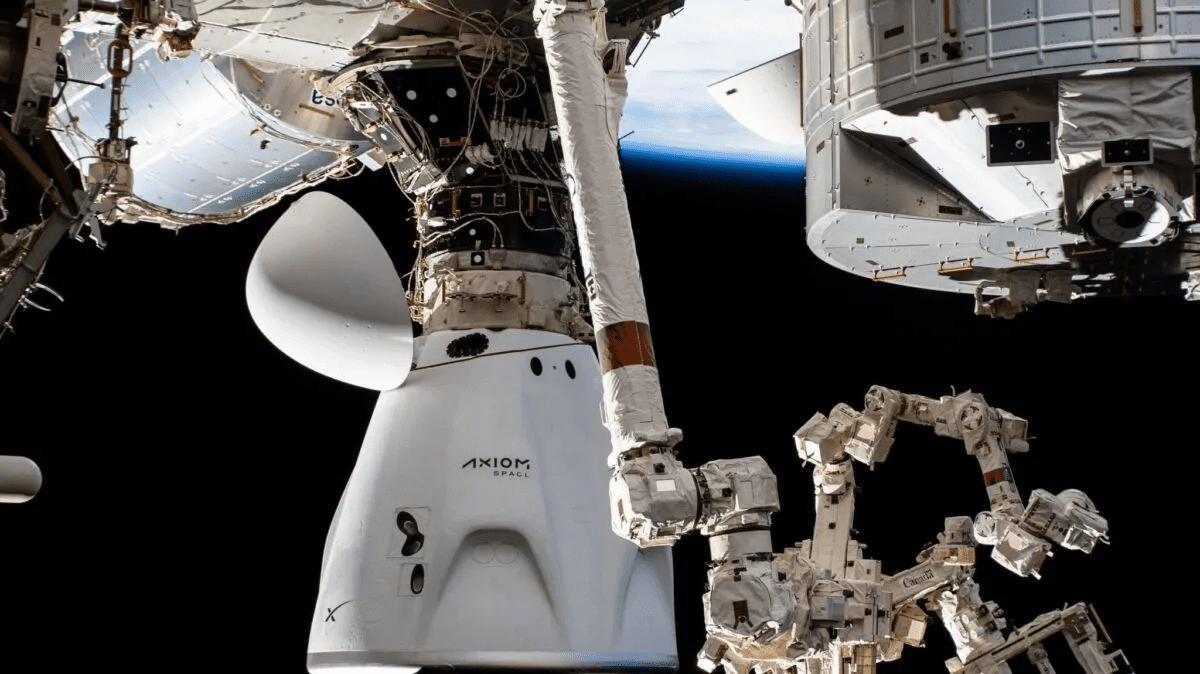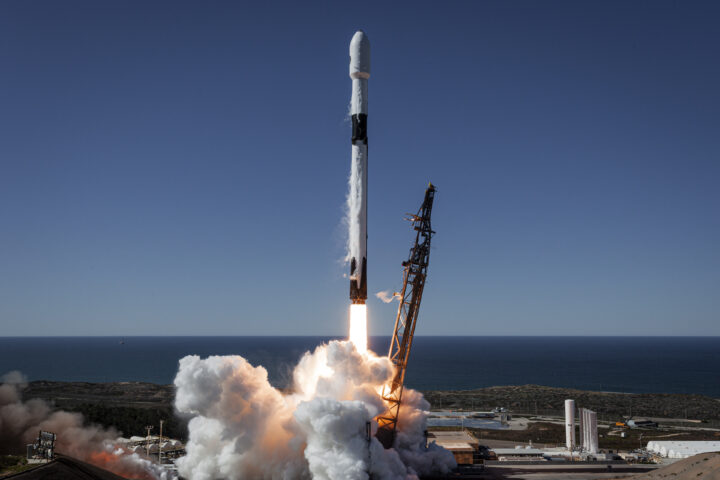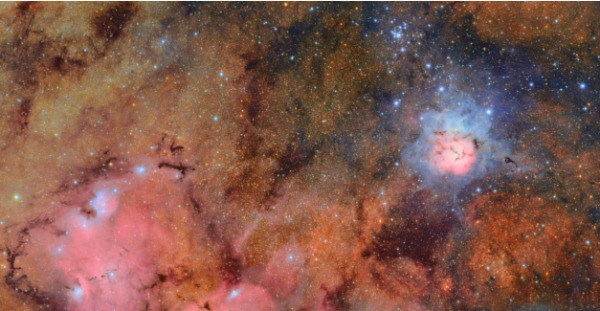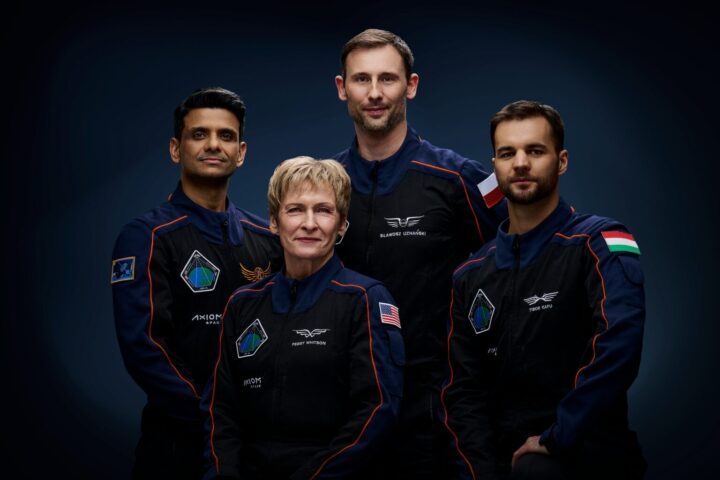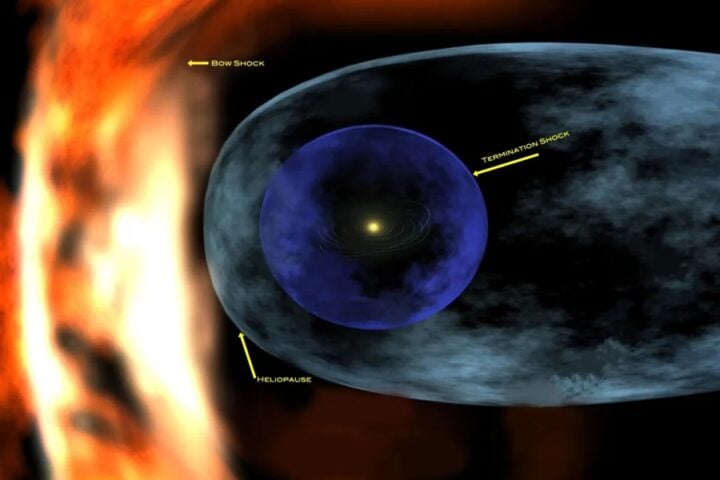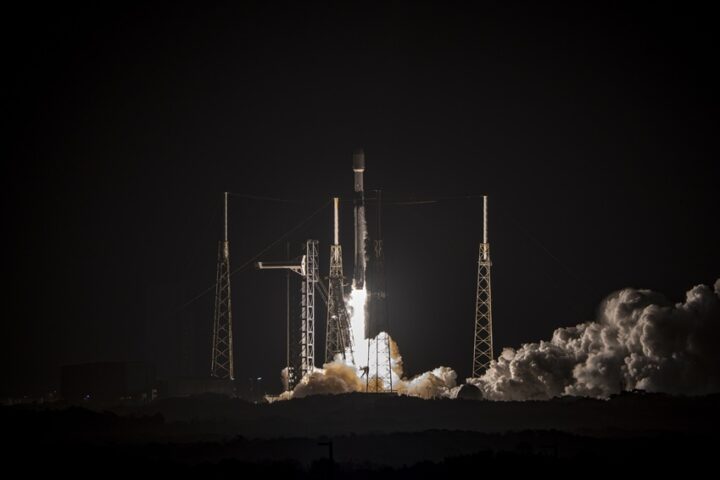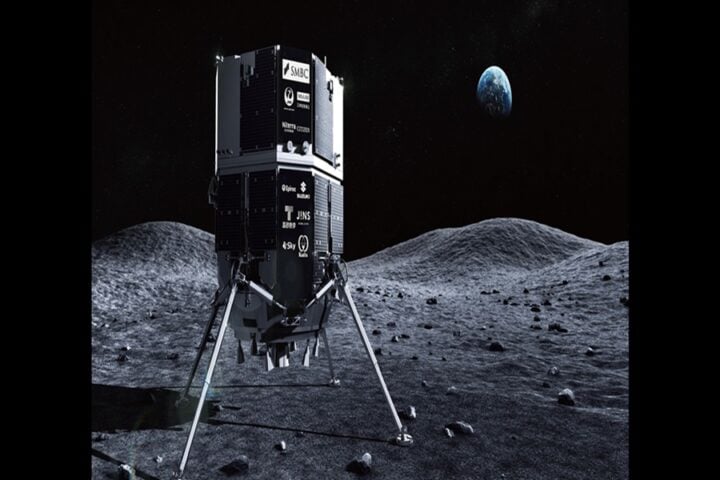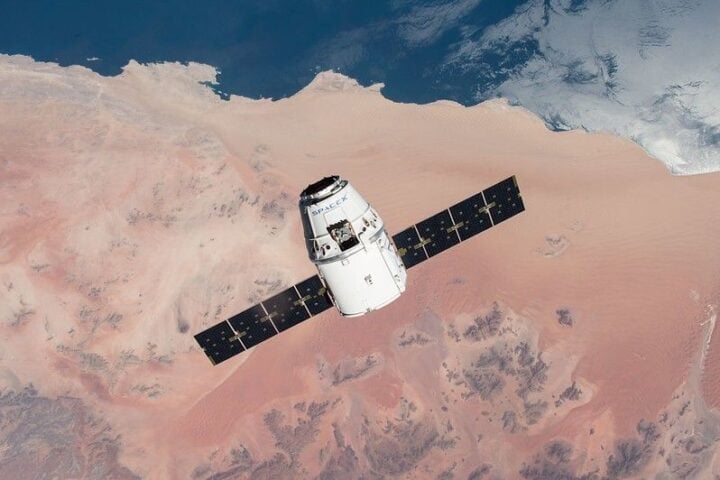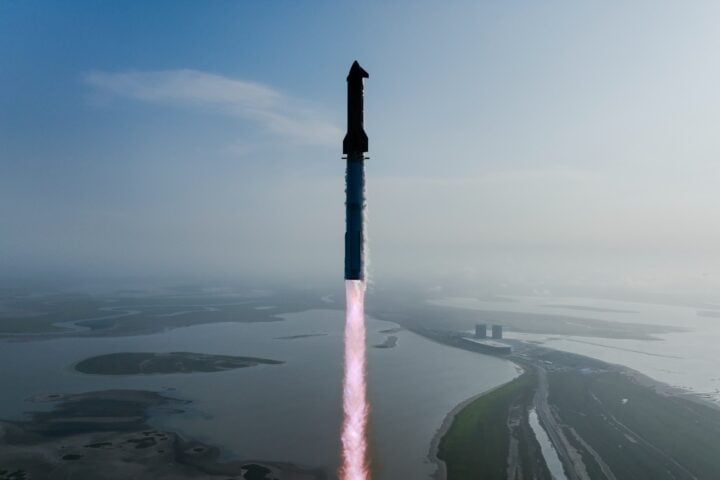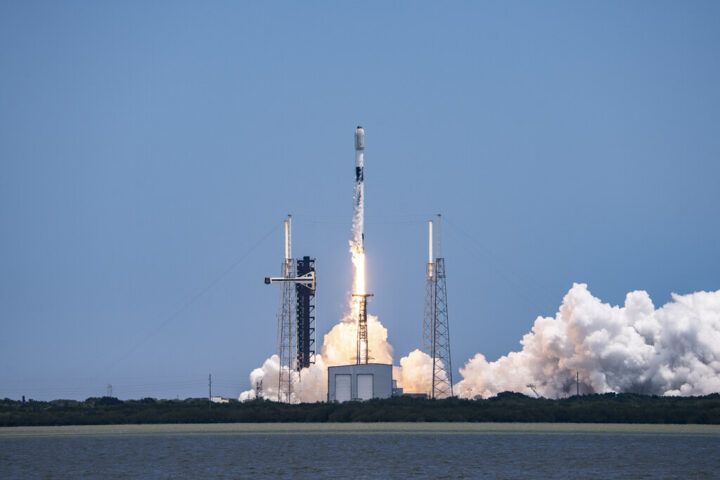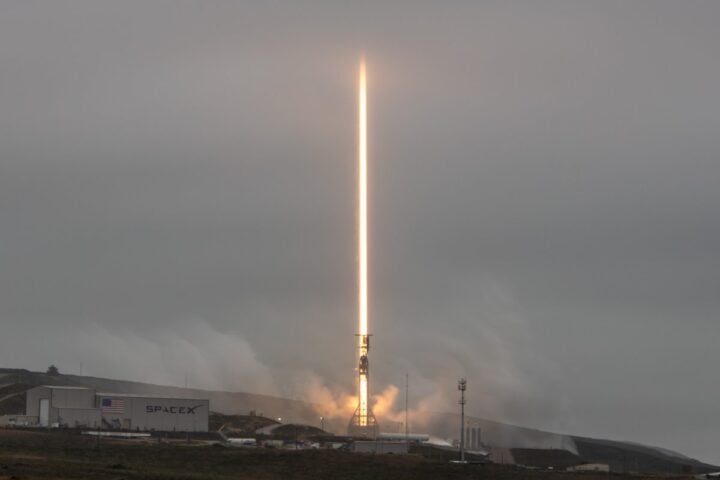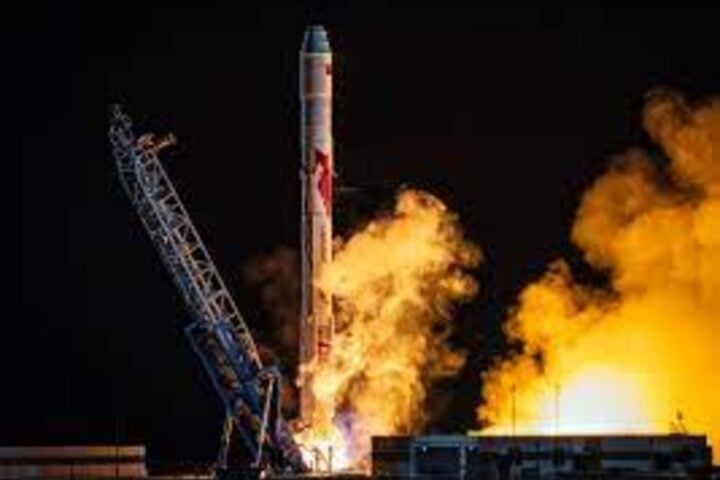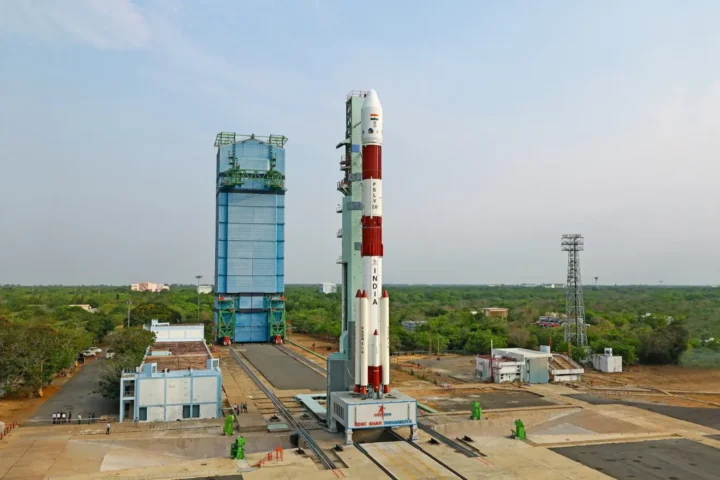Axiom Space, a private company, is currently constructing the world’s first commercial space station in Italy. Engineers are already engaged in “welding and machining activities” for the primary structures of the station’s first module, named Hab One, which will eventually be put together in Houston, Texas and is scheduled to launch in late 2025. Axiom is also preparing to launch its second all-private mission to the International Space Station (ISS), Ax-2, which includes two crew members from Saudi Arabia, the first members of the kingdom’s national astronaut program. The highly ambitious all-private space station aims to be a hub for research in microgravity as well as a place to spend time in orbit.
NASA has released two white papers as part of a request for information (RFI) for its Commercial Low Earth Orbit Destinations effort. The papers provide details about how NASA plans to use commercial space stations after the International Space Station is retired. They outline the agency’s anticipated resource needs for those stations, including crew time, power, and volume. The papers also describe the concept of operations that NASA envisions for its use of commercial space stations.
NASA is currently working with four companies that have proposed commercial stations. Three teams, led by Blue Origin, Nanoracks, and Northrop Grumman, won funded Space Act Agreements through the Commercial LEO Destinations program to work on their station concepts. Axiom Space has a separate agreement with NASA to install commercial modules on the ISS that will be the precursor for a standalone commercial station.
One executive at Axiom Space, Mary Lynne Dittmar, has expressed concern that NASA needs to narrow down its list of commercial space station competitors to prevent market dilution and development delay. Meanwhile, China has already started operating its Tiangong space station and soliciting payloads from other countries, including through the United Nations Office of Outer Space Affairs.
- Wegmans Chocolate Recall Affects 9 States: What to Check on Your Package
- Wild Orangutans Take Power Naps After Poor Sleep, 14-Year Study Reveals Surprising Human Parallels
- Geely EX5 Electric SUV Enters Greece as Chinese EV Sales Surge 1423% and Market Grows 13.9%
- Endangered Secretary Bird Chick Thrives at Longleat as Wild Population Falls Below 10,000
- 8-Foot Shadow Werewolf Photographed in Bridlington’s Danes Dyke Woods by Paranormal Expert
Overall, the future of commercial space stations is both exciting and challenging. As companies and space agencies continue to work together and push the boundaries of space exploration, the possibilities for scientific discoveries and technological advancements in microgravity are endless.
